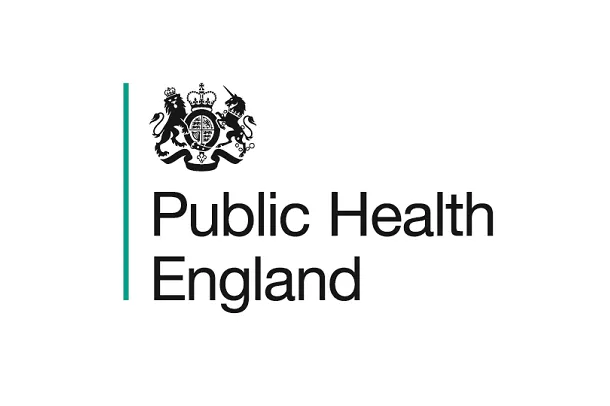The Breast Cancer Genetics Research Group is led by Professor Elinor Sawyer, a Clinical Oncologist. The group is based in the Innovation Hub in the Guys Cancer Centre and works closely with the Breast Biobank and Breast Cancer Now Bioinformatics groups. The group is focussed on the molecular genetics of invasive lobular breast cancer and in situ breast cancer and identification of biomarkers of progression to invasive disease. There is also a strong interest in genetic predisposition to these subtypes of breast cancer.
Our Partners

Public Health England

